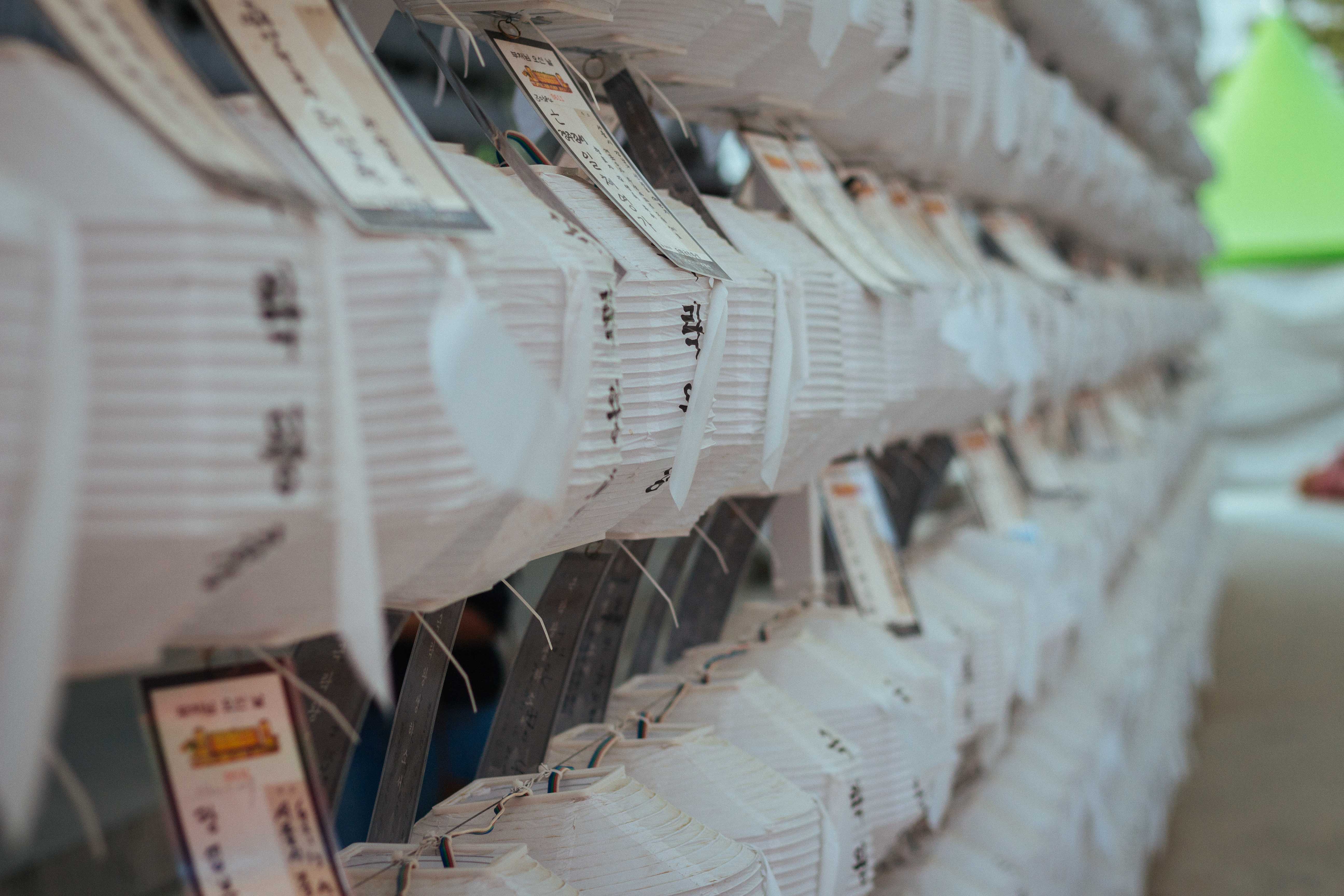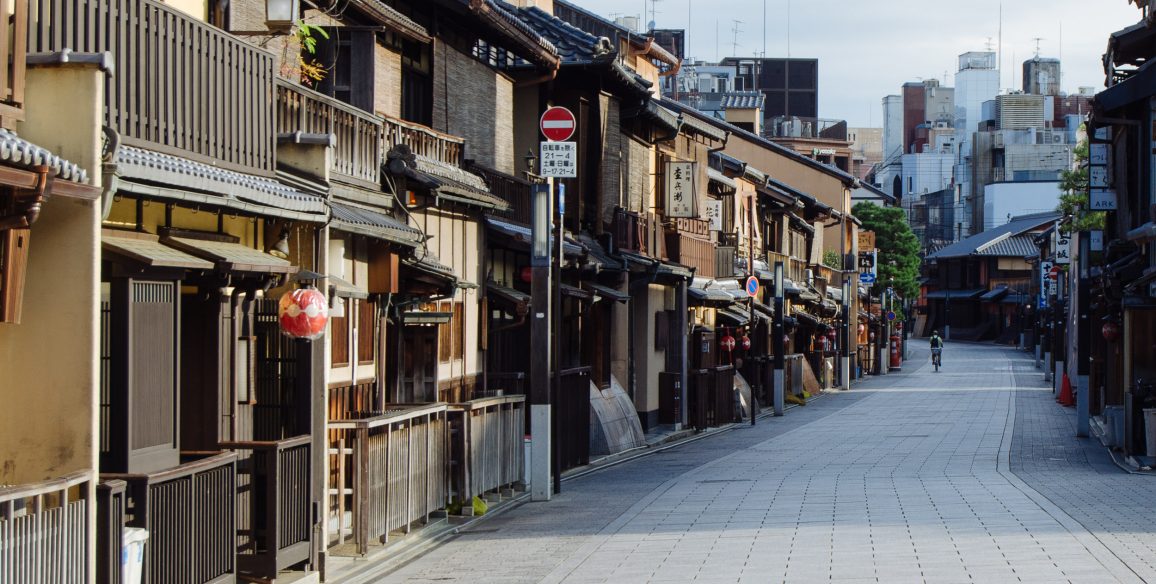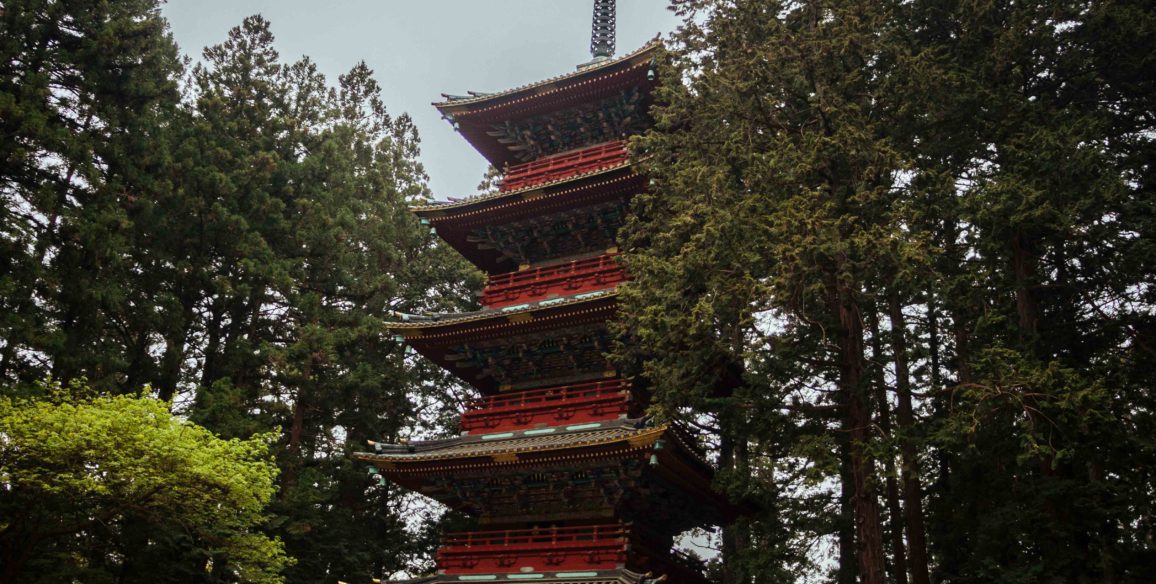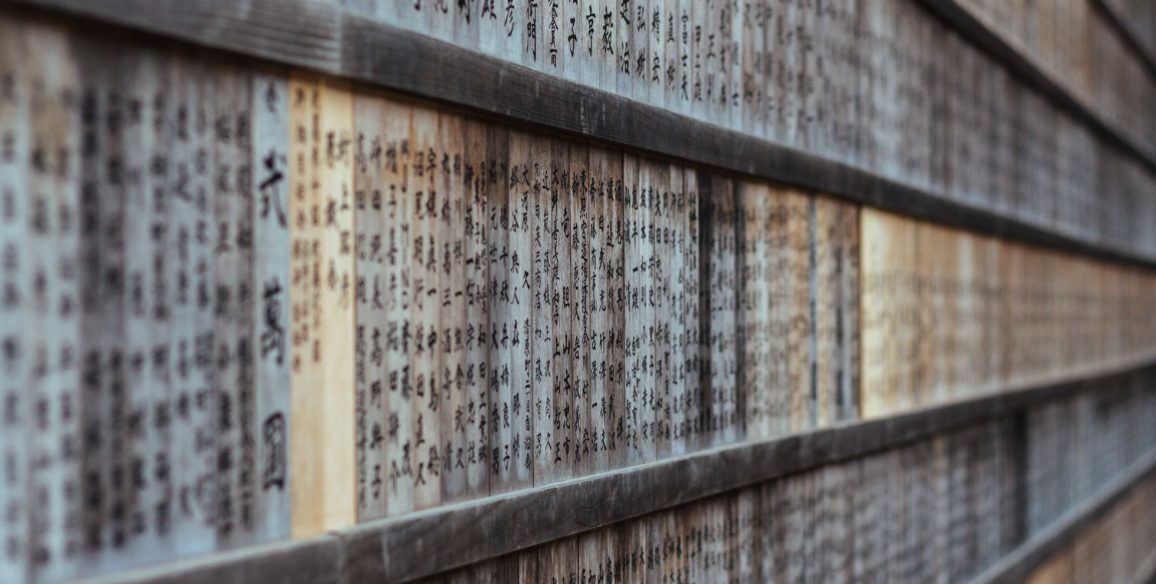
Cluster Leader: Bryan Lowe, Princeton University and Lori Meeks, University of Southern California
This cluster considers how people engaged with reading and writing in premodern Japan. While much attention to texts in Buddhist Studies focuses on elite male authors in the capital, our cluster attends to reading and writing by other figures, including women, non-elites, and those residing in the provinces.
Our cluster aims to introduce participants to new types of sources and methods through fieldwork trips, lectures from leading scholars in Japan, and hands-on collaborative projects.
Some of the issues we will examine in this cluster include:
- Inscribed archaeological materials: How can excavated objects such as pottery or pieces of wood with writing shed new light on religion and literacy in premodern Japan? Who produced and inscribed these objects? Where have they been found and what resources are available to research them?
- Writing and reading by marginalized figures: A large portion of recorded religious writing is by elite men, but what can we know about reading and writing practices of figures on the margins, including those from the provinces and non-elites? How did these figures interact with texts? Can we recover their voices?
- Popular teaching: What role did texts play in the teaching traditions of Japanese religions, and what kinds of texts were especially important in this context? How did monastics and other preachers use sutras, commentaries, paintings and other images, preaching guides, letters, and other works to teach members of the laity? When and to what extent did laypeople engage directly with textual traditions?
The cluster planned to hold two field visits in Japan, however due to COVID, offered an online workshop in 2022.
Workshop Report
Read the 2022 online workshop report










